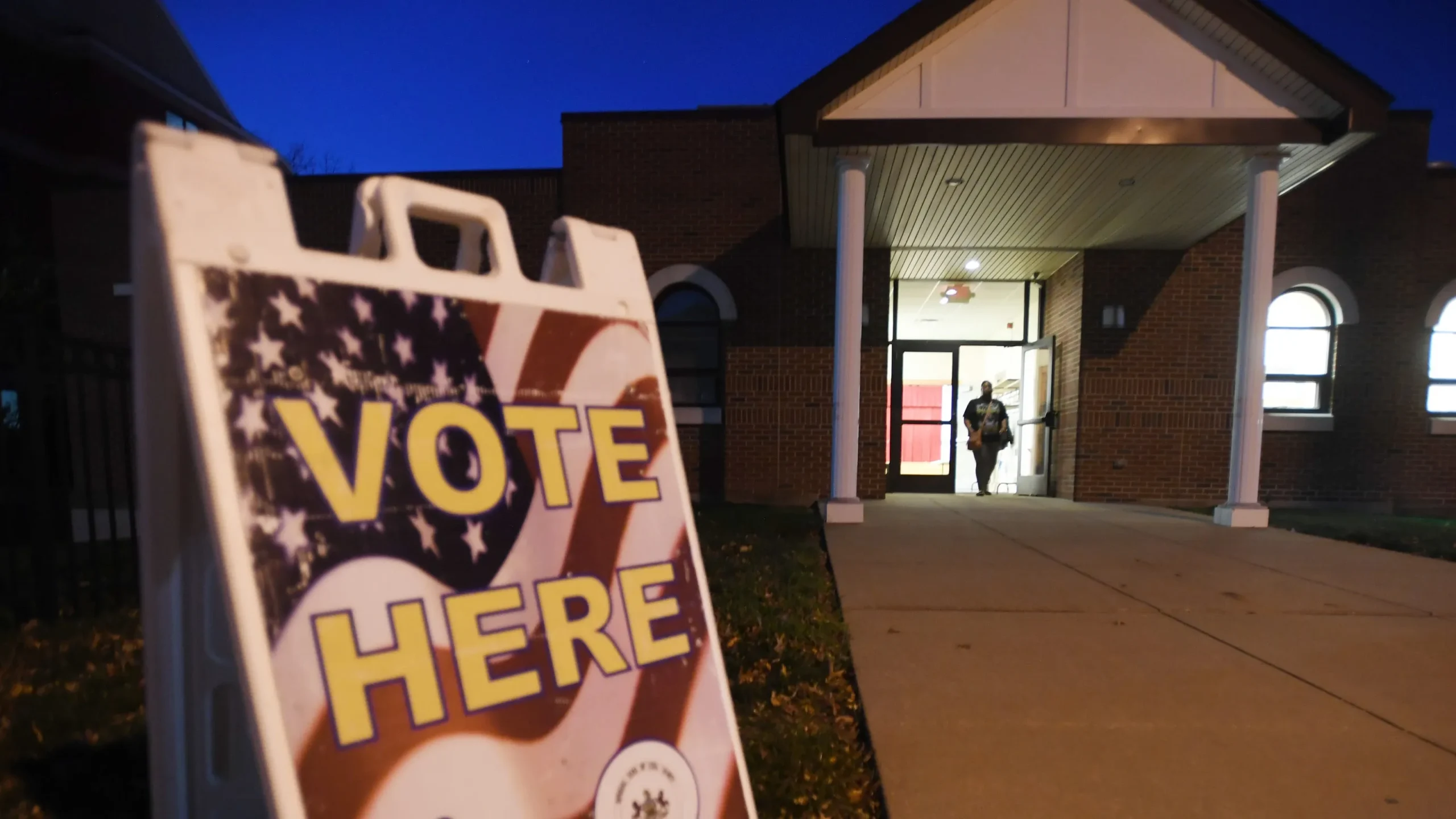Election Shockwaves: Local Results Reveal Surprising Shifts Across the U.S.
In a stunning turn of events, the 2024 U.S. elections have unveiled significant shifts in local political landscapes, leaving many analysts and voters alike in disbelief. With Donald Trump securing a decisive victory in five out of seven critical swing states, the implications of these local election results extend far beyond the immediate outcomes. This article delves into the who, what, when, where, why, and how of these surprising electoral shifts, exploring their potential impact on future governance and national politics.
Who Won and Where?
Donald Trump, the Republican candidate, emerged victorious in key battleground states, including Pennsylvania, Georgia, North Carolina, Michigan, and Wisconsin. These states, which were anticipated to lean Democratic, have now shifted the political balance, raising eyebrows across the nation. Trump’s success in these areas is particularly noteworthy given the historical context; these states have been pivotal in previous elections, often determining the overall outcome.
What Led to These Shifts?
The local election results indicate a significant underestimation of Trump’s support by opinion polls, which have failed to accurately predict his voter base for the third consecutive election cycle. This discrepancy has sparked discussions about the methodologies used in polling and the representation of participants. As political analysts sift through the data, questions arise about how these polling failures could have influenced voter expectations and turnout.
When Did These Changes Occur?
The election results began to unfold on Election Day, with many voters casting their ballots early or utilizing mail-in voting options. However, the counting of ballots faced delays due to various factors, including mail-in ballot verification processes and state regulations on when ballots could be processed. This year, there were fewer mail ballot requests compared to the pandemic election of 2020, which may have contributed to less pronounced partisan shifts in the results.
Where Are the Implications Most Significant?
The implications of these election shifts are felt most acutely in local governance. Local elections play a crucial role in shaping community policies and governance, influencing everything from education to public safety. Voter turnout in these elections often reflects broader electoral trends, as local issues resonate deeply with constituents. The recent results suggest that local political trends may be shifting, with potential ramifications for future elections.
Why Are These Results Important?
Trump’s projected victory in the popular vote by approximately 5 million votes marks the largest Republican popular vote victory since George H.W. Bush in 1988. Additionally, he has secured 295 Electoral College votes, surpassing the required 270, with potential victories in Arizona and Nevada that could increase his total to 312. These numbers not only highlight a shift in voter sentiment but also signal a potential realignment of political power in the U.S.
How Did Technology Play a Role?
Technological innovations have also played a significant role in shaping the electoral landscape. Many counties implemented new technologies to streamline voting processes and improve voter engagement. For instance, Durham County in North Carolina introduced an app that tracked wait times at polling places, significantly enhancing the voter experience during early voting. Such advancements may have contributed to increased voter turnout, particularly among younger demographics.
Challenges Ahead
Despite the positive strides in voter engagement, challenges remain. An uptick in litigation surrounding voting regulations post-election has raised concerns about potential election disputes similar to those seen in previous cycles. Experts interpret these lawsuits as groundwork for future conflicts, which could further complicate the electoral landscape.
The Future of Local Governance
As the dust settles from the recent elections, the outcomes may have lasting impacts on local governance and national politics. The shifts observed in local election results could shape policy directions on critical issues such as healthcare, education, and public safety moving forward. Voter engagement trends, despite feelings of disenchantment among some voters, particularly young people and communities of color, remain vital for influencing governance at all levels.
In conclusion, the 2024 U.S. elections have revealed surprising shifts that challenge previous assumptions about voter behavior and political alignment. As communities grapple with the implications of these local election results, the focus will undoubtedly turn to how these changes will influence future elections and governance. The landscape of U.S. politics is evolving, and understanding these shifts will be crucial for all stakeholders involved.






Leave a Comment